It’s no secret that I love investing in real estate. Owning income properties can be a great way to make money and secure your financial future. But making money in real estate is not a guarantee. There are a lot of factors to consider, especially when it comes to choosing the right properties to invest in. Read on for a must-read checklist to follow as you navigate the world of income properties.
Scott McGillivray is a real estate expert and host of HGTV Canada’s Income Property and Moving the McGillivrays.
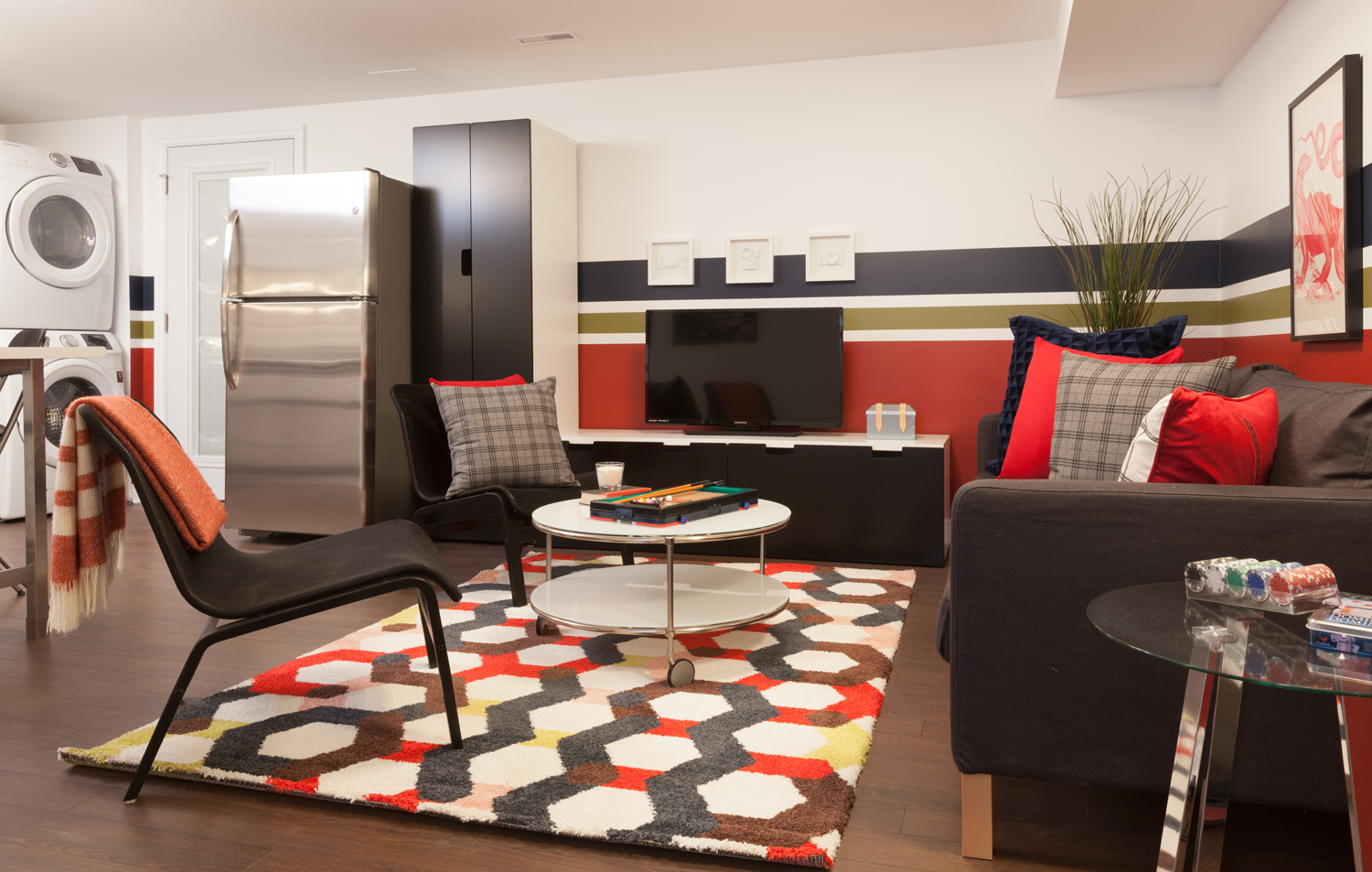
Investment Type
What type of investment property do you want to have? A student rental? Executive rental? Vacation rental? Or are you looking for a quick flip? You need to decide before you start looking at properties what type of investment you want to make. Once you have the answer it will help to determine what type of property you should buy.
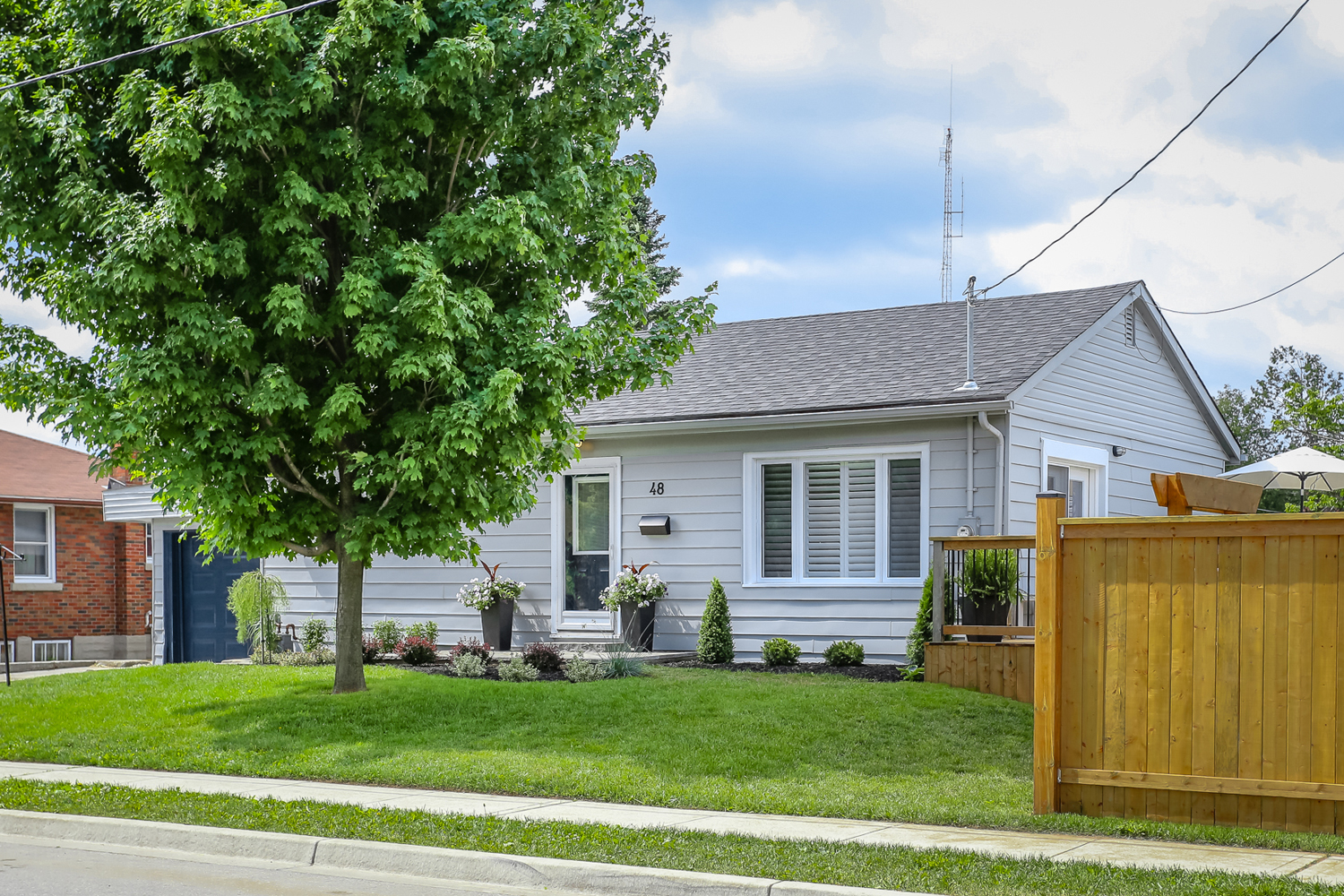
Property Type
Some styles of homes lend themselves more easily to income suites than others. Bungalows are ideal for basement apartments because the space below grade is usually equal to the space on the main floor. Side splits and back splits also work well because they have multiple entrances and several different ways that the space can be divided.
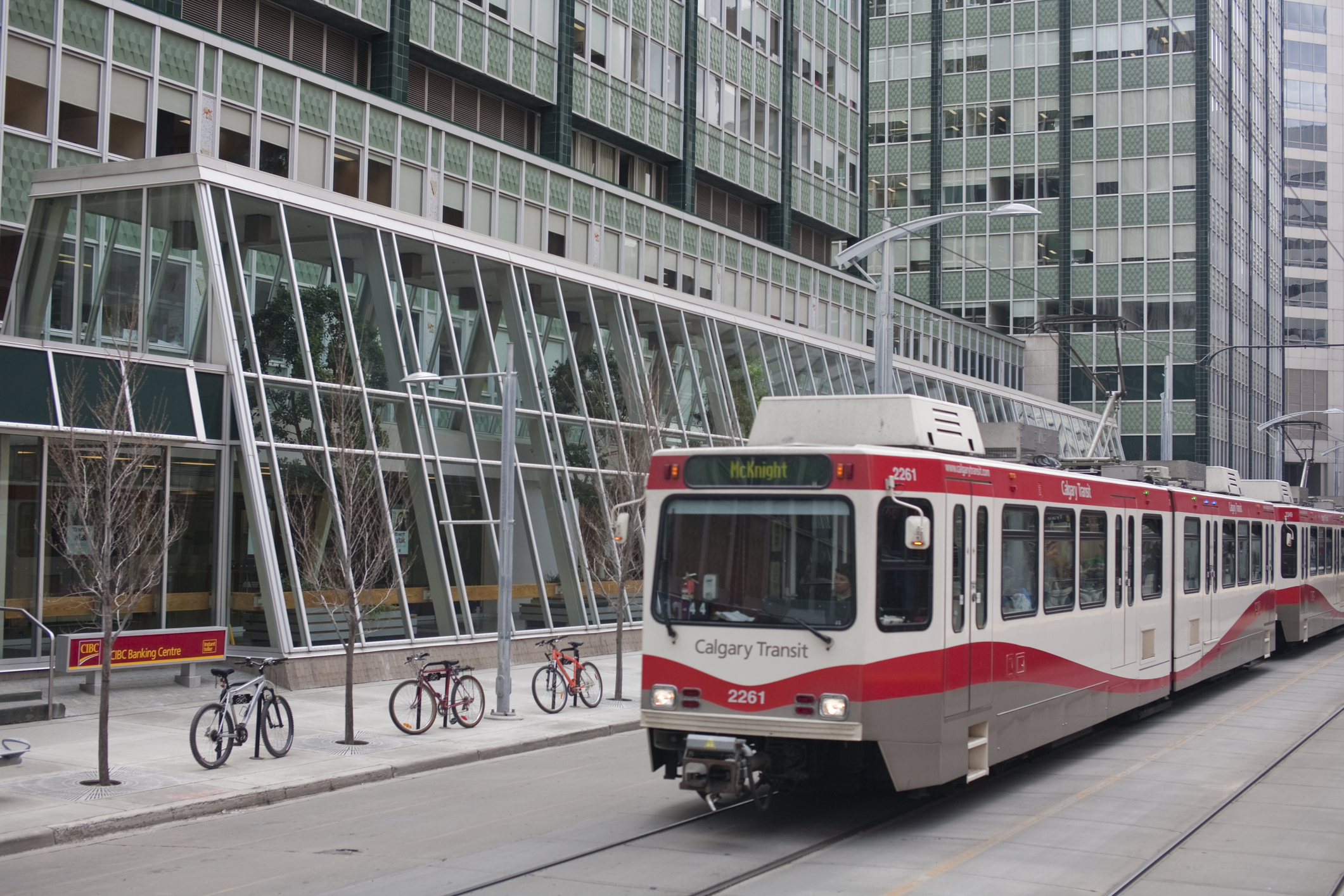
Location
Most investment properties thrive in urban locations, and especially university towns. When deciding where to purchase look at things like public transit, school district, proximity to health care, highway access, and so on. Just like with any real estate venture it’s all about location, location, location.
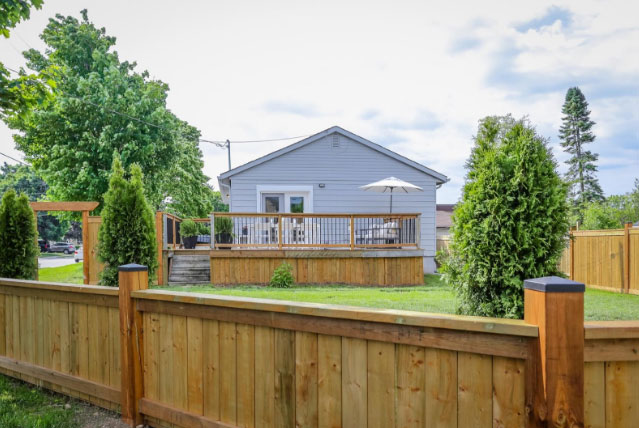
Micro Location
Don’t just look at the general location; look at the specific property the house is sitting on. Is it on a steep hill? It could be harder to rent. A corner property? That also can be harder to rent. As can a property on a busy street. All these things need to be taken into consideration when thinking about rental prices.
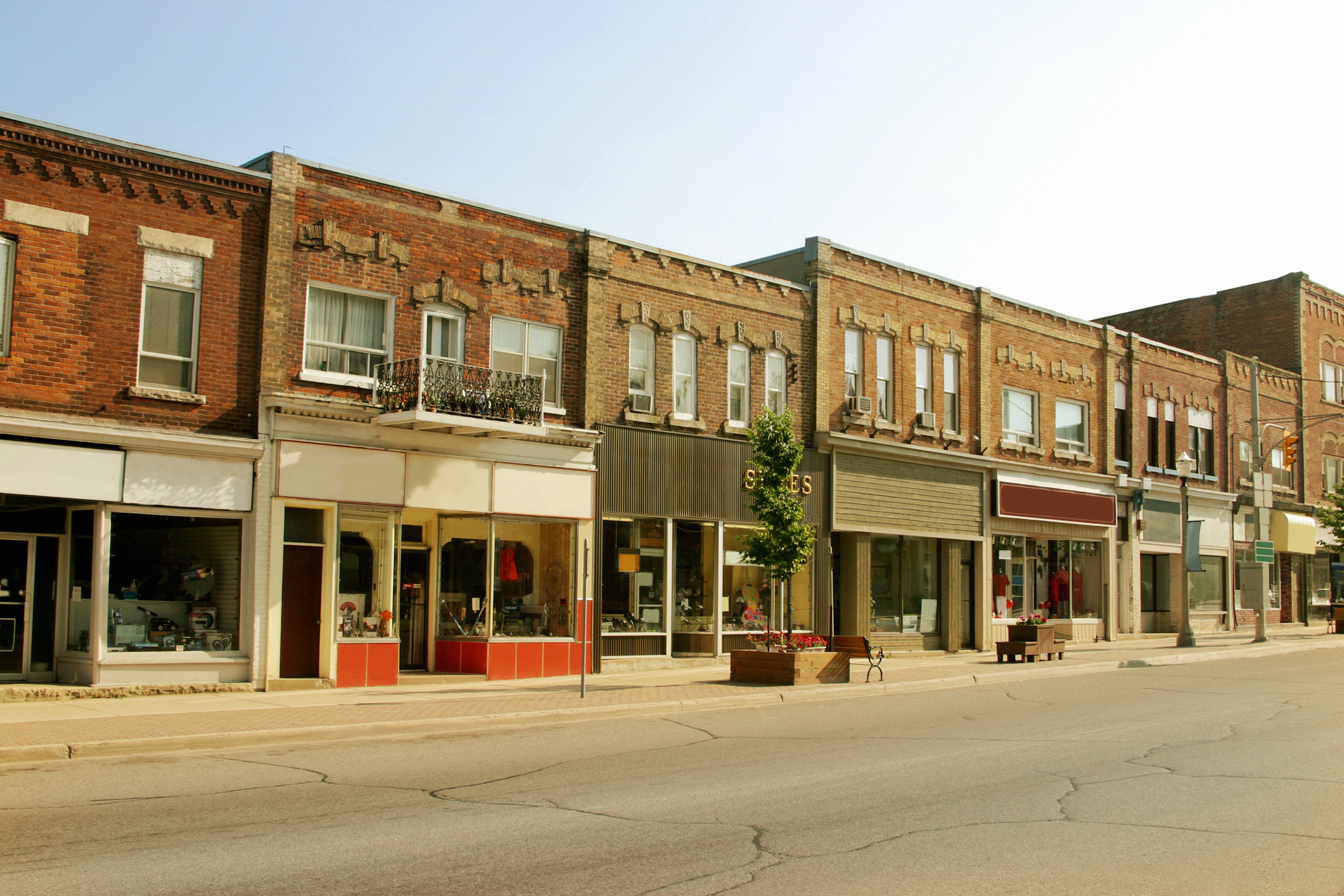
Neighbourhood
Aside from the location basics, you need to look at some other specifics of the neighbourhood. For instance, what are the conditions of the surrounding buildings? If they’re run down and rough looking it could affect your ability to find tenants. Is it an up and coming area? If so it could be tough to rent at the moment but could go up in value over time. And what about vacancy rates in the area? If there are a lot of empty apartments you could have trouble filling yours.
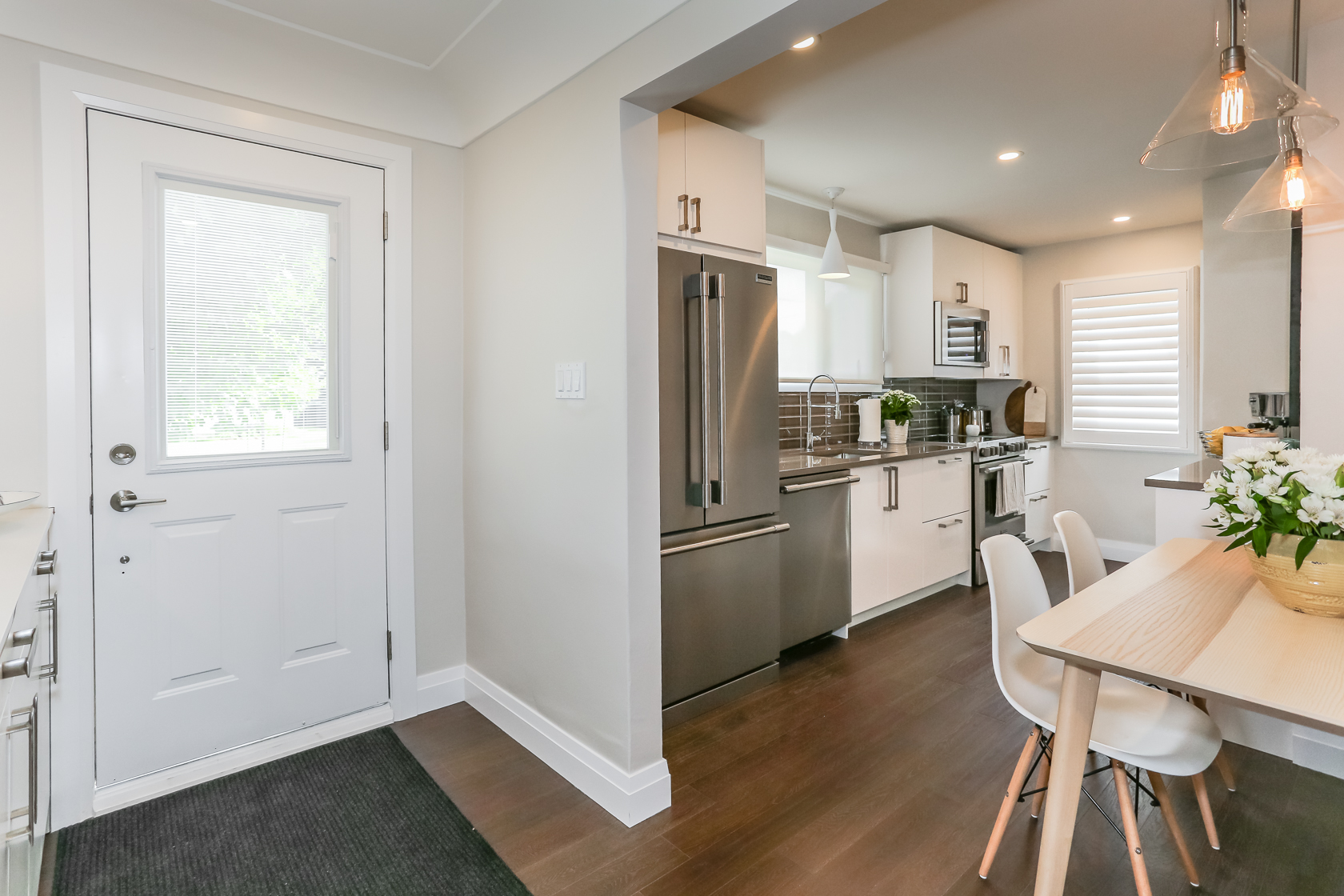
Private Entrance
Any legal income suite is going to need a separate entrance. They’re often expensive to add, so this is something that can sometimes determine whether a property has decent income potential or not.
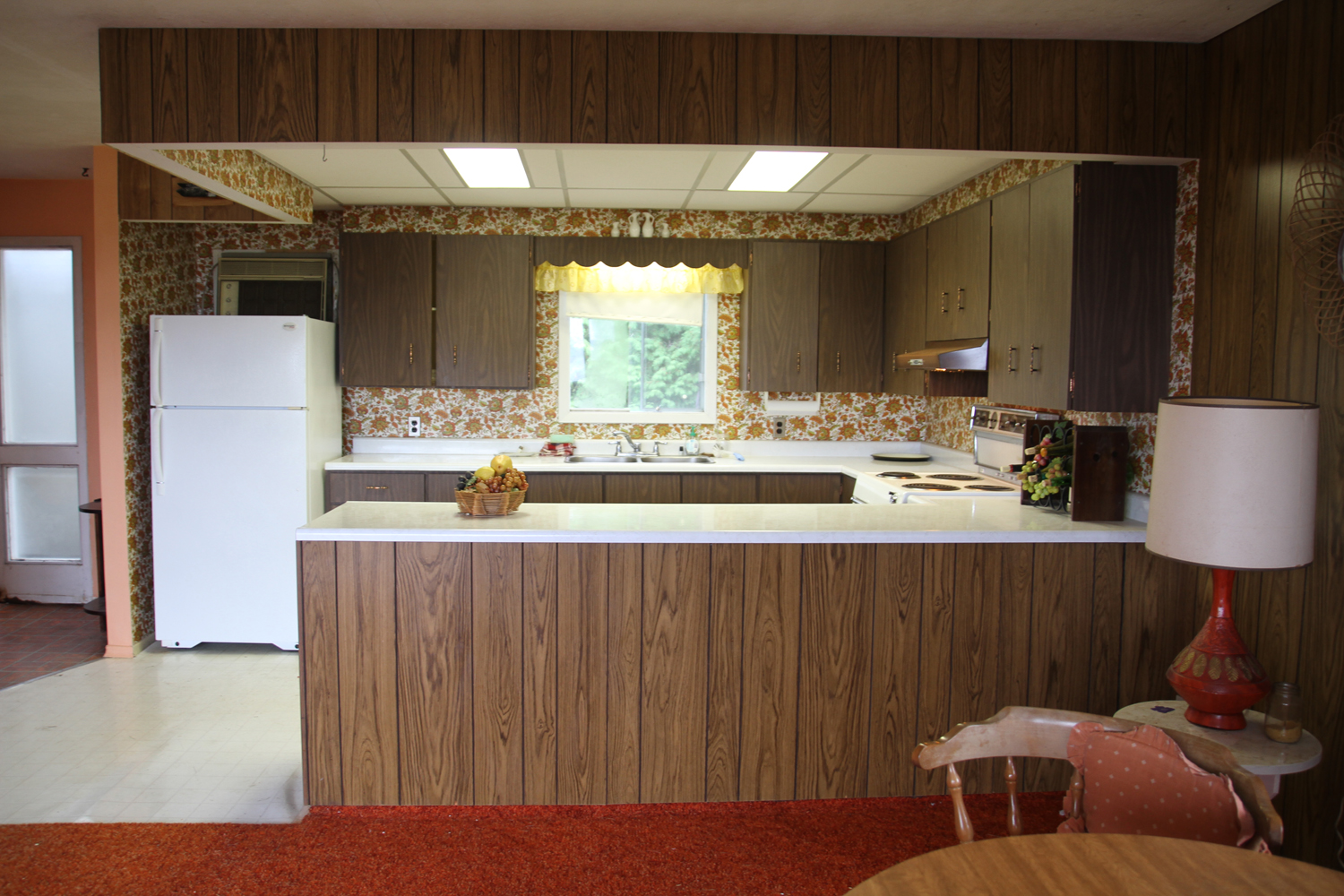
Condition of the Property
When purchasing an investment property (or any property for that matter) it’s very important to get a home inspection. Since the purpose of an investment property is to make money you need to know exactly what you’re getting into. If the property turns out not to be in good condition, you can either opt out or budget for repairs accordingly.
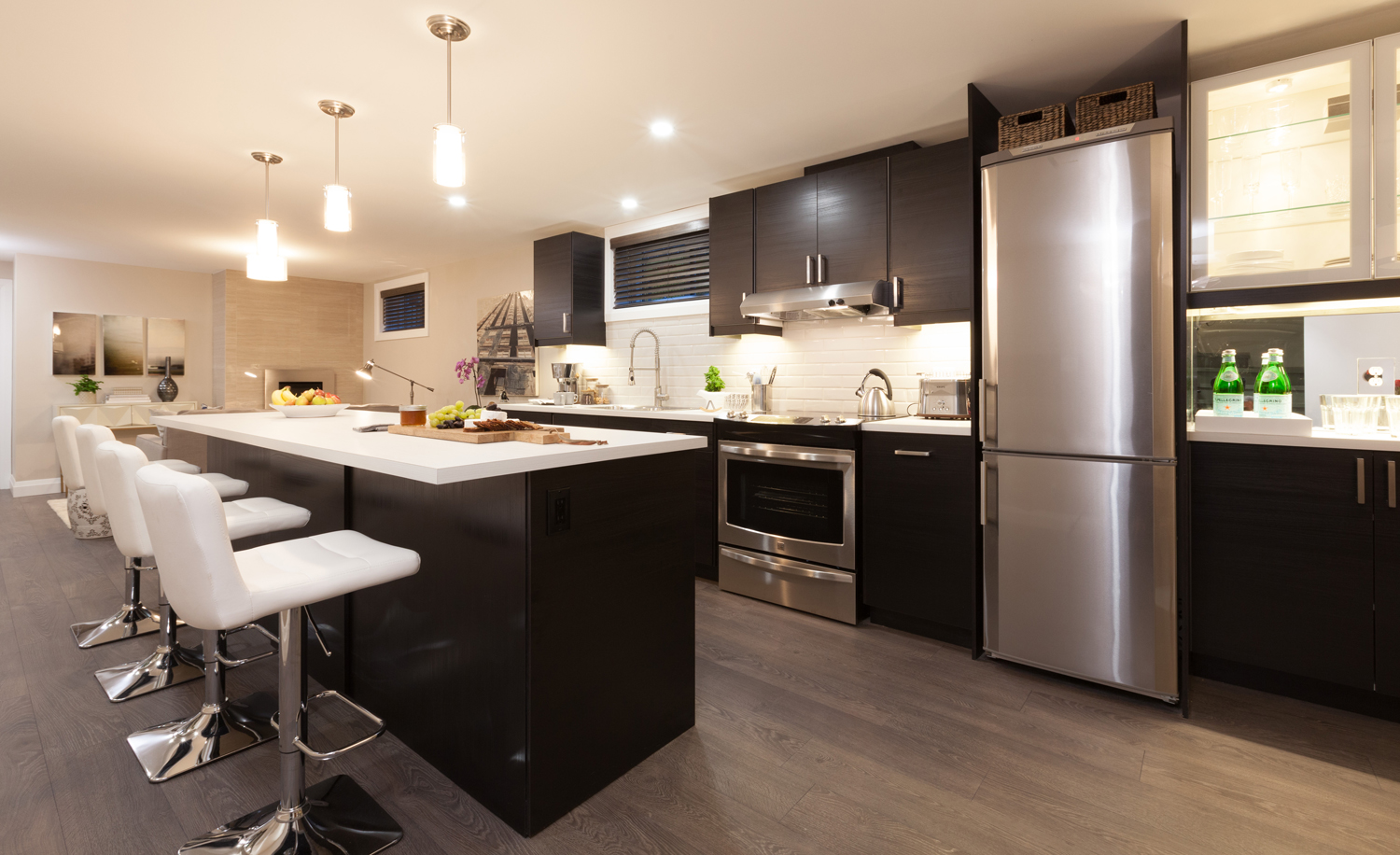
Value Adding Renovations
Is the property turnkey or does it require renovations? Sometimes renovations can be a good thing as they can mean forced appreciation. When looking for investment properties consider the cost of any potential renovations or upgrades versus what you’ll get back in cash flow and equity.
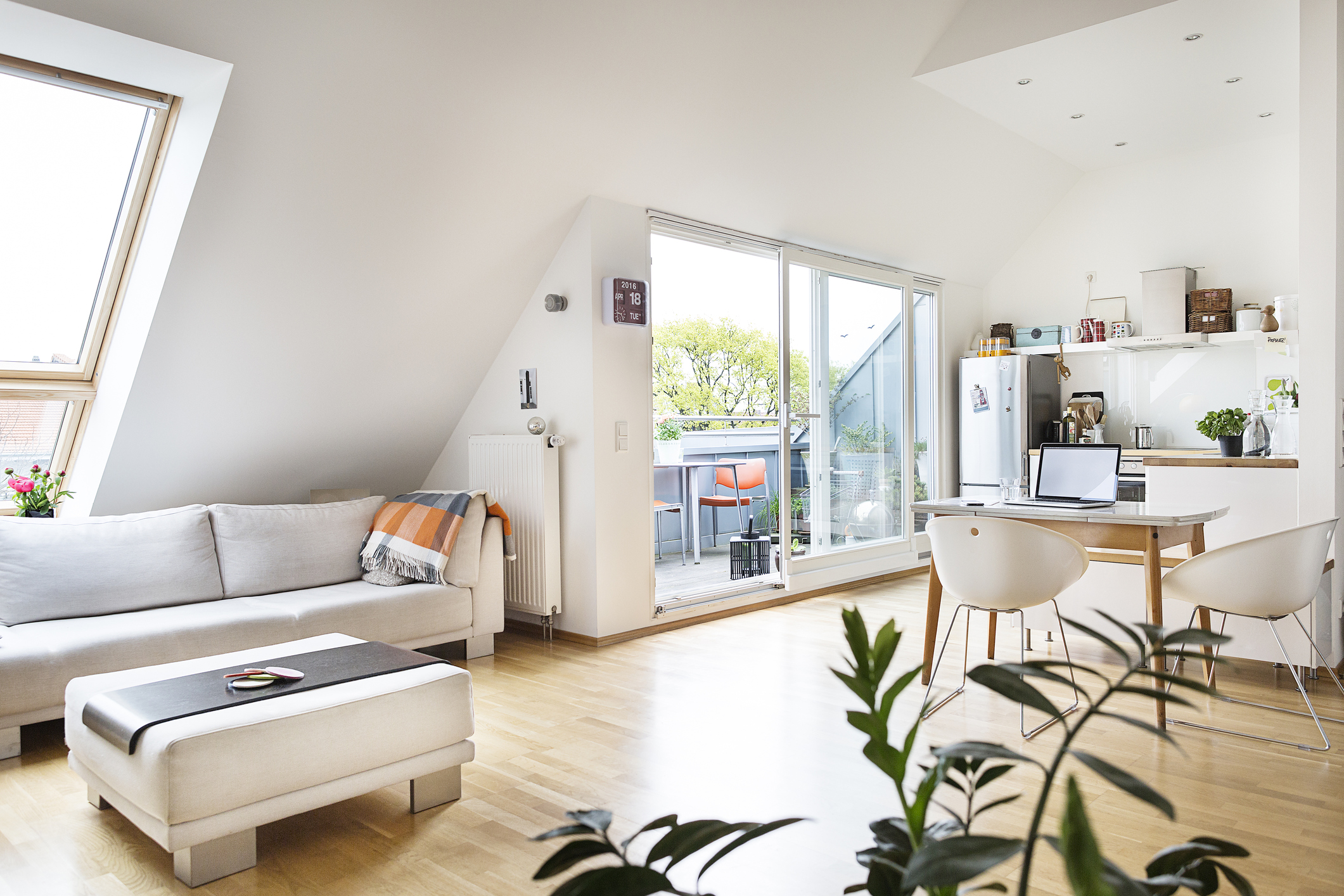
Current Tenants
Investing in a property that already has tenants can be great as it means a certain amount of guaranteed rental income right away. However you lose the control of choosing your own tenant, and it makes renovating pretty difficult. Find out from the current owners what the deal is and if these are tenants you want to take on or not.
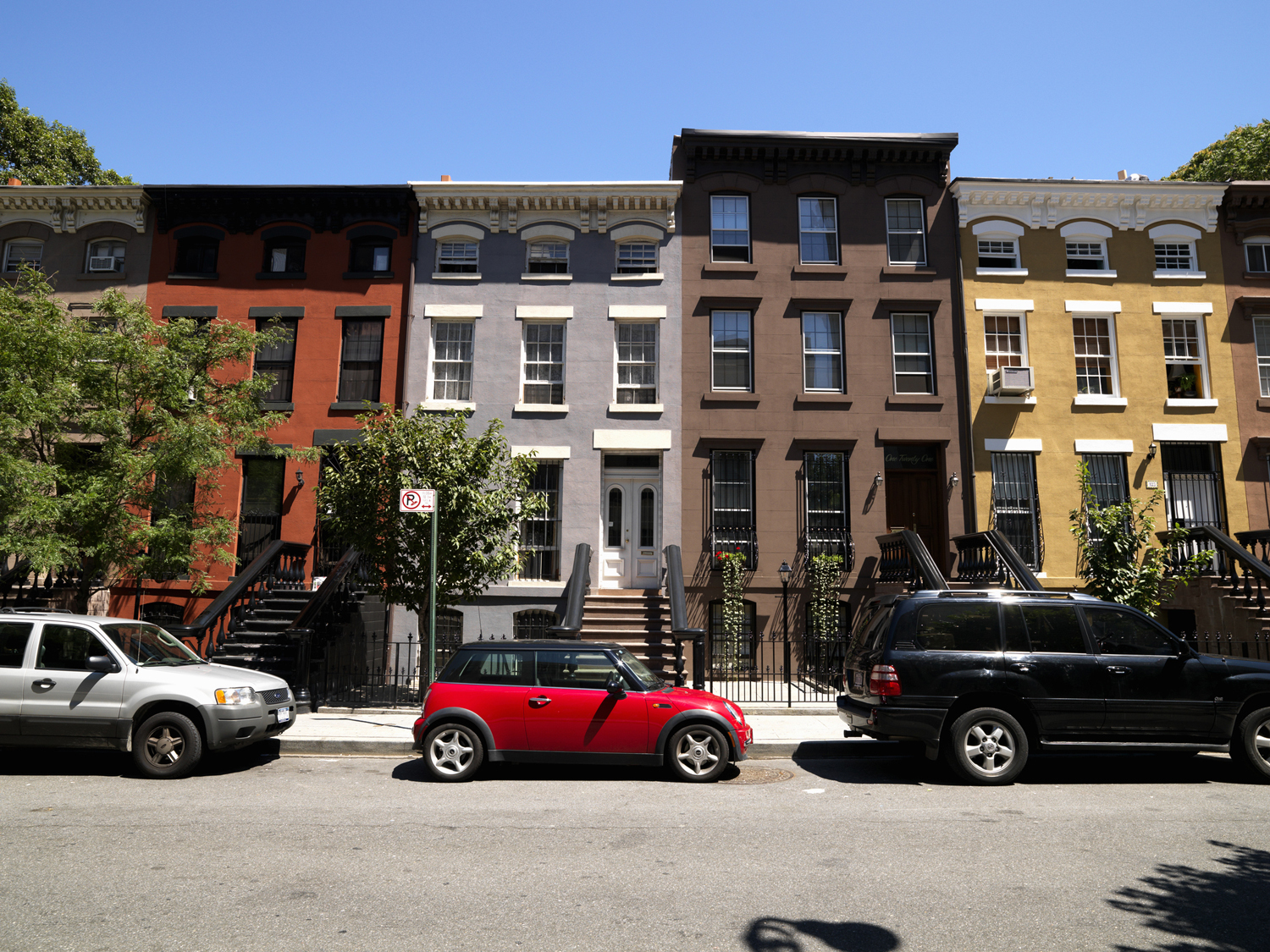
Parking
Parking can be a deal breaker for some people, and in the case of income suits there can be legal issues as well. In some areas there needs to be designated parking for income suites in order for them to be legal. But whether it’s a legal issue or not, I always recommend trying to invest in a property that has parking as it can increase your bottom line.
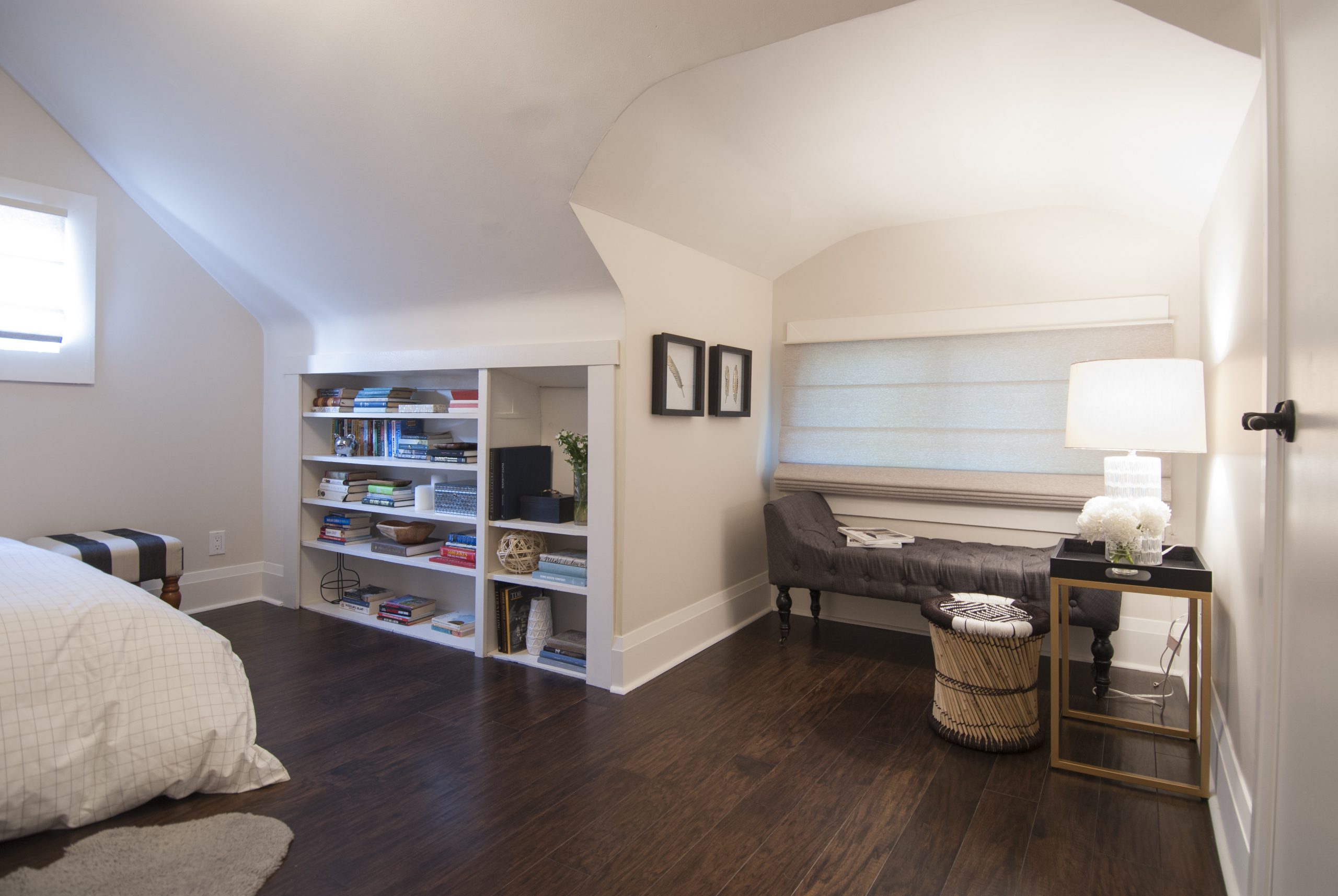
Ceiling Height
Whether in a basement or attic, ceilings must have seven feet of clearance over 75% of the space (beneath bulkheads and sloped roofs some of the space can go down to 6 & ½ feet). In the case of basement apartments you can dig down to give you more height, but this is a very costly measure and often isn’t worth the price.
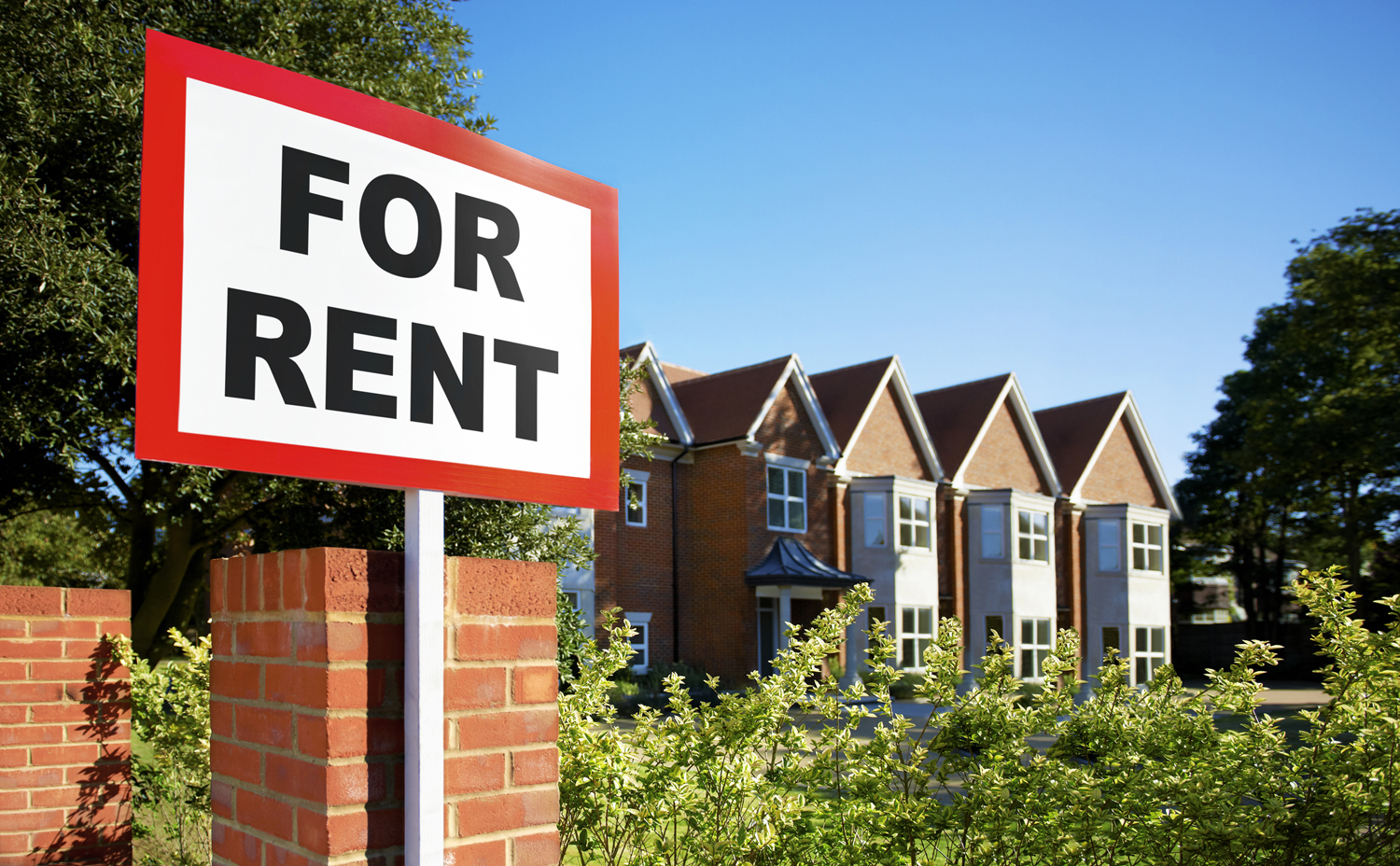
Rental Costs
One of the most important things to consider when looking at investment properties is how much rent you’ll be able to charge, and if it’s enough to cover all the costs. As a landlord the rent is the maximum amount you will get each month, but the mortgage is the minimum amount you’ll be paying. So the rent coming in also has to cover property taxes, insurance, and basic maintenance and repair. And that’s just to break even. You also need to consider how you’ll cover costs should the unit lie vacant at any point.

Maintenance
As a landlord it’s up to you to maintain the property. So the question is, how much time, effort and money do you want to put into it? A property with a lot of outdoor space can be nice for tenants, but keep in mind you’ll have to arrange and pay for things like mowing the lawn, shovelling walkways and so forth.
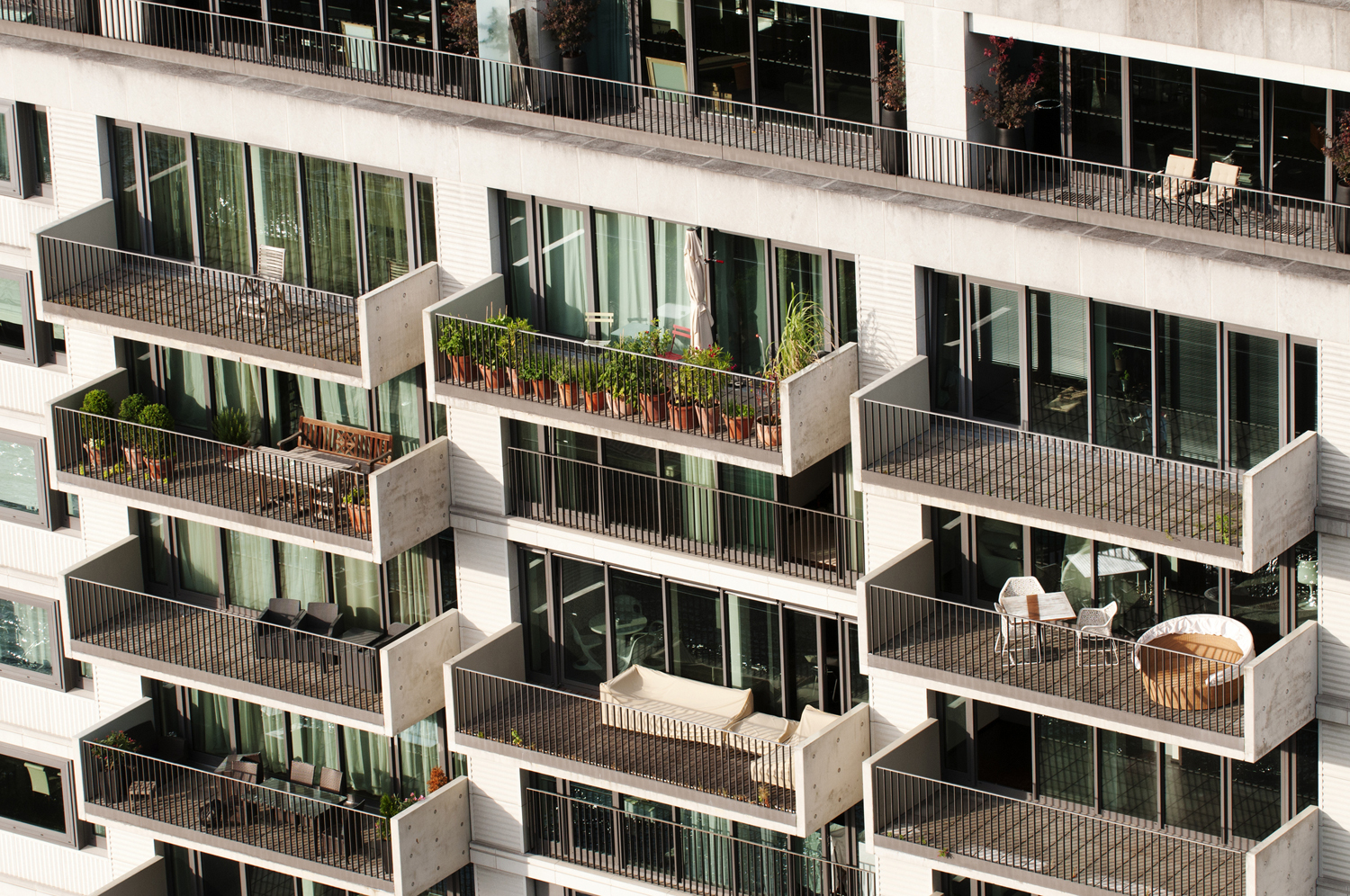
Number of Tenants
When you buy an investment property you’re agreeing to become a landlord. So ask yourself how much you’re willing to put into tenant management. The more apartments you have, the more rent you’ll get, but the more tenants you’ll have to manage. If you’re concerned that you won’t be able to handle it look into what it would cost to hire a property manager.
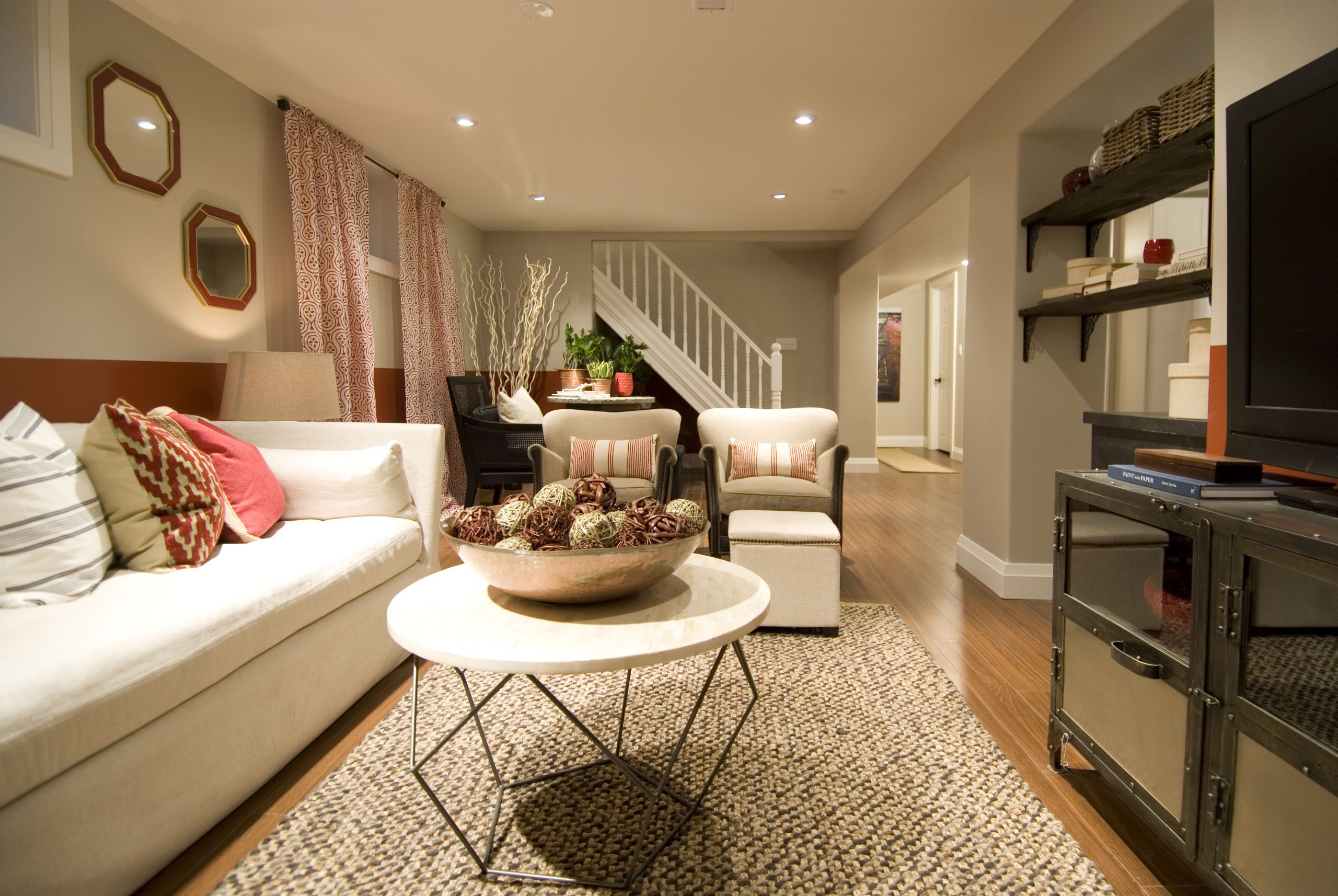
Legality
Even if everything seems right, you need to confirm that any income suite you build will meet municipal bylaws and building codes so that the apartment is legal. Before you embark on any plans, check with your municipality to find out what zoning bylaws and income suite bylaws apply to your neighbourhood.
HGTV your inbox.
By clicking "SIGN UP” you agree to receive emails from HGTV and accept Corus' Terms of Use and Corus' Privacy Policy.




